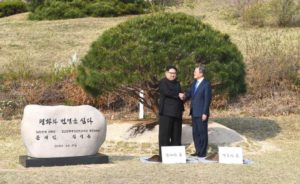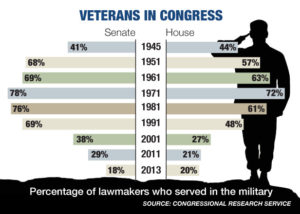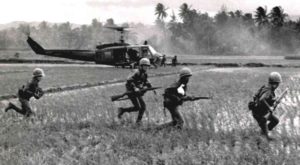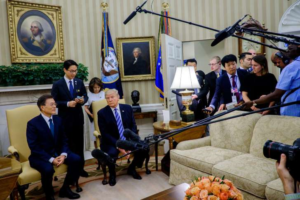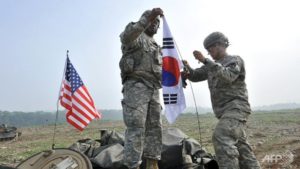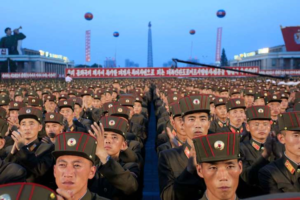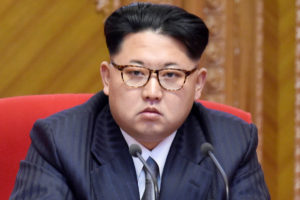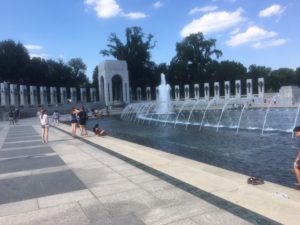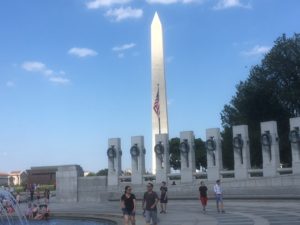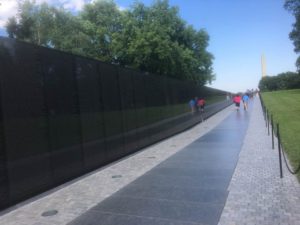International statecraft is a nuanced endeavor, but it’s not an entirely complicated matter.
The best practitioners of it look forward and don’t bother looking back, let alone tossing stones at those who came before them in the high office they occupy.
Thus, Donald Trump’s statements today about the pending peace agreement between South and North Korea lacked a sense of nobility one might expect from the president of the United States.
Trump spoke to the media along with German Chancellor Angela Merkel. He spoke seriously about the handshake and the historic meeting that occurred overnight between North Korea’s Kim Jong Un and South Korea’s Moon Jae-in. The two men have agreed to strike a peace deal on the Korean Peninsula, ending the official state of war that has existed since the Korean War hostilities ended in 1953.
Then he did that thing that annoys the living daylights out of me. He kept referring to his presidential predecessors’ “mistakes” in dealing with the reclusive North Korean regime.
Holy crap, Mr. President! Enough, already!
I expect fully for Trump take full credit for the deal that awaits the two Koreas. That’s fine. He can take credit if he wishes. But the expected deal came together through a complicated network of international relationships.
I just want the president to look forward from here. Kim Jong Un and Moon Jae-in have taken a huge step toward a long-sought-after peace agreement. It was forged by the deaths of hundreds of thousands of men — roughly 50,000 of whom were Americans — who fought a war that ended in a stalemate.
There is no need — none at all — for the president to re-litigate how his predecessors sought in vain to achieve the noble goal of peace in Korea.
